In the last decade or two, Toronto has erupted into one of the hottest real estate markets in North America. And with hot markets come burning questions. So as we enter 2019, what are the hot questions on everyone’s minds? We could fill a dozen servers with speculations and predictions on Toronto real estate trends. But today I’d like to avoid making predictions — however tempting it may be — and focus on just three areas of interest.
NOTE: If you’re thinking of purchasing a home in Canada, we strongly recommend reading this comprehensive article on Buying a House in Canada. Also have a look at our articles on Canadian Real Estate prices in Spring 2019 and Neighbourhoods of Toronto.
Is the Toronto Real Estate Market headed for a crash?
With the 2008 crisis still somewhat fresh in most people’s minds, a lot of us feel a tremor and immediately expect a catastrophe. Like I said before, I don’t want to make any predictions because I’m all too familiar with the limitations of my crystal ball. Instead, let’s take a better look at 2017-18.
After several years of skyrocketing prices, the last two years may have felt like a crash to a lot of people. Between the spring of 2017 and summer of 2018, the average home price in the Greater Toronto Area (GTA) fell by about 4.3 percent. Some observers reacted as if the sky was falling. But unless you purchased a home in December 2016, chances are you’re doing fine. In fact, if you’d owned your home for a decade or more, you probably saw its value double. And if you bought in with a typical 20 percent down payment, then you would have seen your equity more than quintuple.
So let’s not spill any tears over a meager 4.3 percent. And keep in mind, for homes in Toronto proper, the 416 area code, prices continued to increase modestly. It’s a fantastic city after all, and demand for housing in central Toronto remains strong. I might even call it insatiable. The supply simply isn’t adequate.
Take a look at condominium prices — if you dare! — in Toronto’s central core. Investors are paying over a million dollars for condos that aren’t even 700 square feet. They must be crazy about Danish architecture. Or just plain crazy. But these are the investors, the “smart money”. So maybe they know something we don’t. Or maybe they just understand that construction isn’t keeping up, even as the population continues to grow. And they remember what they learned back in high school about supply and demand.
So are Toronto real estate prices about to sink like a rock? It seems pretty unlikely.
Will home prices double again over the next five years? I doubt it.
Is this a good time to buy property in Toronto? I wouldn’t exactly call it a buyer’s market, but if you’re ready and you can afford it, now is probably a good a time as any.
If not an Economic Crisis, is Toronto suffering from an Affordability Crisis?
When one-bedroom condos have reached seven-figure prices, you have to wonder: Who can afford it? No doubt the cost of living in Toronto is high. Then again, it still hasn’t achieved the astronomical heights of Vancouver. At least not yet. (But we can talk about Vancouver another time.)
Toronto’s local economy is booming, and as immigration policies evolve, the city is likely to see its greatest population influx in history over the next three years. The city generates about 20 percent of Canada’s total GDP, making it very attractive for newcomers and professionals of almost every background. Yet all these factors will do nothing but drive prices upward, unless housing supply increases. The local construction industry is looking forward to its 10th consecutive year of growth, but not enough growth to keep up with demand.
Some have policy makers have recommended lifting building restrictions in the Golden Horseshoe Greenbelt, but the majority of Torontonians have rejected that idea. Read more about that, the history and the controversy, in our overview of the Toronto Greenbelt.
So is this all more evidence of a real estate bubble on the brink of collapse? On the contrary, I think it’s only evidence that Toronto remains an extremely desirable city with a flourishing economy, not unlike Vancouver, Manhattan or the San Francisco Bay Area. Even in the wake of the 2008 crash, it was those seemingly overpriced markets that proved to be so robust, precisely because of their vigorous economies and desirability. Media, technology and finance are huge industries in Toronto. So long as they continue to grow and provide jobs with competitive salaries, the Millennials will be edging their way into the market, right alongside those well-established Baby Boomers.
Meanwhile, the government has tried to slow down the market and maintain affordability with things like the Non-Resident Speculation Tax of 15 percent in the GTA. The aim of this controversial law was not to discriminate against foreigners, but to protect locals from the outside money that had been helping to drive prices out of reach and out of line with local incomes. It’s difficult to measure the efficacy of these kinds of policies, but the new tax appears to have been a contributing factor in Toronto’s recent real estate slowdown.
And that brings us to our next question.
What’s happening with Interest Rates?
Here’s another way the government tries to influence the real estate market, and this where I really wish my crystal ball were more reliable. After several years of flat interest rates, the Bank of Canada has raised the rate five times since the summer of 2017, from a piddling 0.5 to a still modest 1.75 percent. Along with the foreign buyer’s tax mentioned above, these rate hikes aimed to cool off the sizzling housing markets, especially in Toronto and Vancouver. And again, it appears to have had some success.
Now everyone is dying to know, will the rates keep going up, or will the Feds change course? And how much is too much? Granted, that’s a lot of rate hikes in such a short time, but we’re still nowhere near the 4 percent rates we had prior to the 2008 crisis. So let’s not overreact.
Some say the rate hikes have helped to slow down the out-of-control prices, although it’s impossible to say exactly how much. Others worry that higher interest rates are making it harder for first time buyers to qualify for a loan, and putting extra pressure on current home owners. In Canada, it’s very common for homeowners to have a five-year fixed rate loan, over the course of a 25 year mortgage. At the end of the 5-year term, the rate can adjust, which in this case means go up, sticking borrowers with a higher monthly payment for the next five years. In this way, the rate hikes can really put a squeeze on the whole economy. And without adequate growth, Toronto might not be able to support the kind of prices we are now seeing.
The thing is, there are probably more opinions about interest rate policy than there are real estate agents in the entire GTA. The smart money seems to feel that rates will stay way they are or maybe even come down a notch in 2019, but this is only speculation. And what effect it could have in equally uncertain.
Conclusions
My best advice in these conditions? Always borrow less than you can afford. This way you’re still safe if rates do go up. And never live beyond you means. But in a city as unaffordable as Toronto, that just might not be possible. For other suggestions, you can look at our article on Toronto suburbs for affordable housing.
If you’re moving to Toronto and need to know more about the local economy, culture and customs, check out our Online Relocation Guides for Toronto. For more than two decades, ARIANNE Relocation has been helping families and professionals move to Canada, and quickly understand the housing, schooling, healthcare and culture in their new city. There’s no question we can save you time and money, and remove the guesswork of relocation.

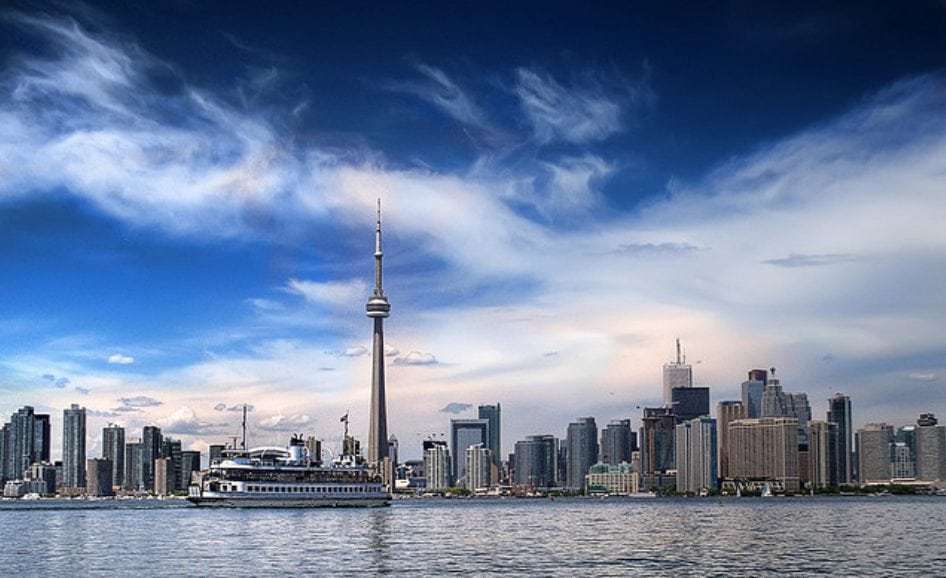
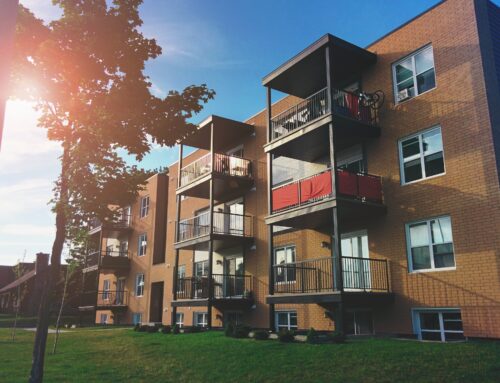

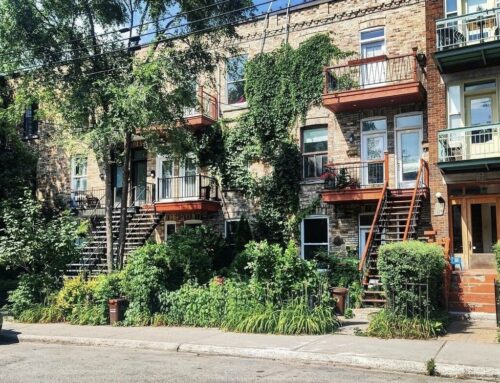
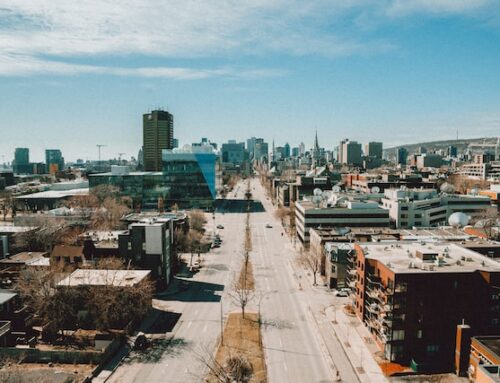
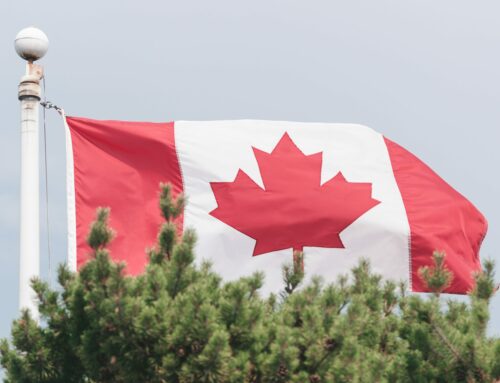
Leave A Comment